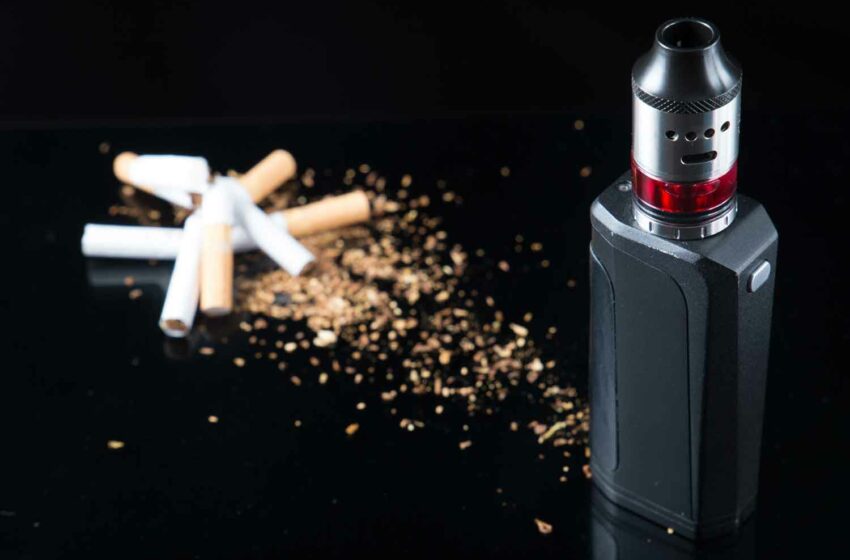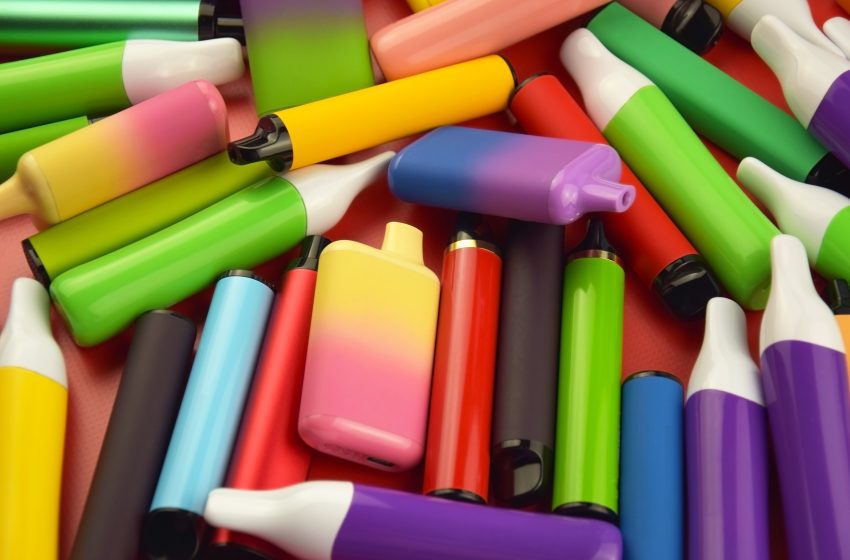Philip Morris International’s operating income jumped 34.2 percent to $3.44 billion for the quarter that ended June 30. On an adjusted basis, operating income rose 3.5 percent to $3.66 billion. Net revenues were $9.47 billion, compared with $8.97 billion in the comparable 2023 quarter.
During the quarter, PMI shipped 157.6 billion cigarettes, 35.5 billion heated tobacco units and 4.2 billion oral smoke-free products, a category that excludes snuff, snuff leaf and U.S. chewing tobacco.
The smoke-free business accounted for 38.1 percent of PMI’s total quarterly revenues, up 2.7 percentage points from the comparable 2023 period. Oral smoke free products experienced the largest volume gains, growing by 20 percent from second quarter last year.
This growth was driven by primarily the popularity of Zyn nicotine pouches in the U.S., where shipments reached 135.1 million cans, representing growth of 50.3 percent versus the prior-year quarter. The company expect Zyn sales to reach 580 million cans in 2024.
Scrambling to fulfill ferocious U.S. demand for Zyn, PMI recently announced a $600 million investment in a new nicotine pouch factory in Aurora, Colorado.
Quarterly heated tobacco product sales were strong in Japan, following an expansion of the IQOS product range, as well as Greece, Hungary and Spain. In Japan, Philip Morris grew its market share for heated tobacco by more than 3 percentage points to more than 29 percent.
The company will begin a trial of IQOS in Austin, Texas, USA, in the fourth quarter of this year, according to Chief Financial Officer Emmanuel Babeau.
“The excellent momentum of our smoke-free business continued with an outstanding second-quarter and first-half performance,” said PMI CEO Jacek Olczak in a statement.
“The powerful combination of excellent underlying performance and proactive measures across all categories enabled our business to outperform once again, and we are on track for a strong 2024. As a result, we are raising our full-year guidance, despite currency headwinds.”




















